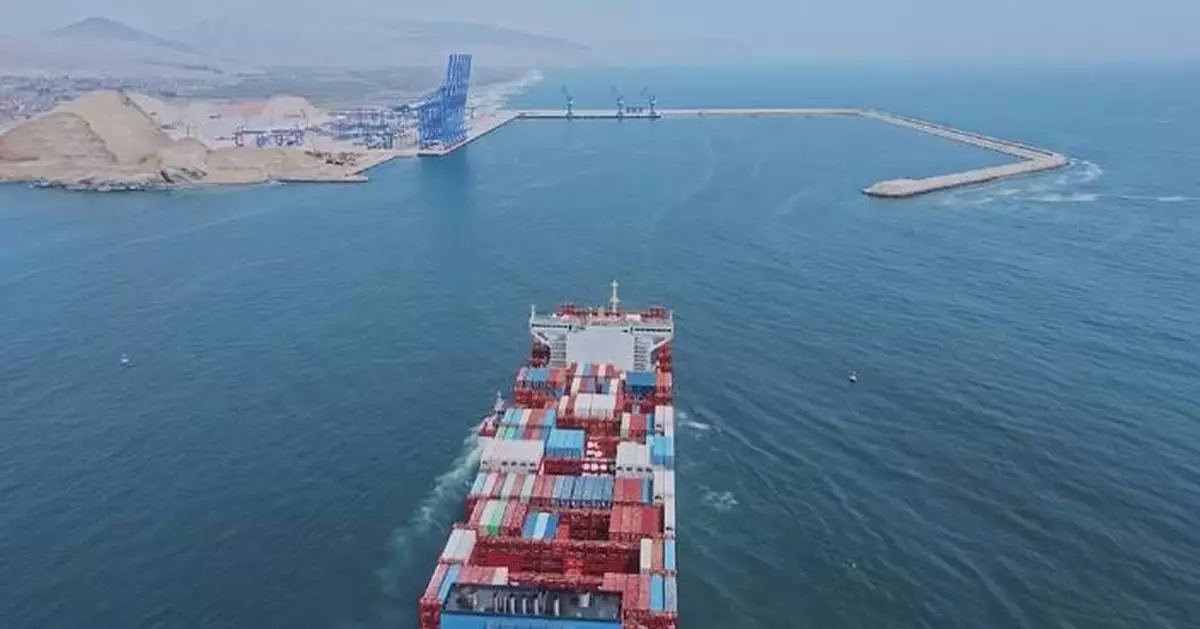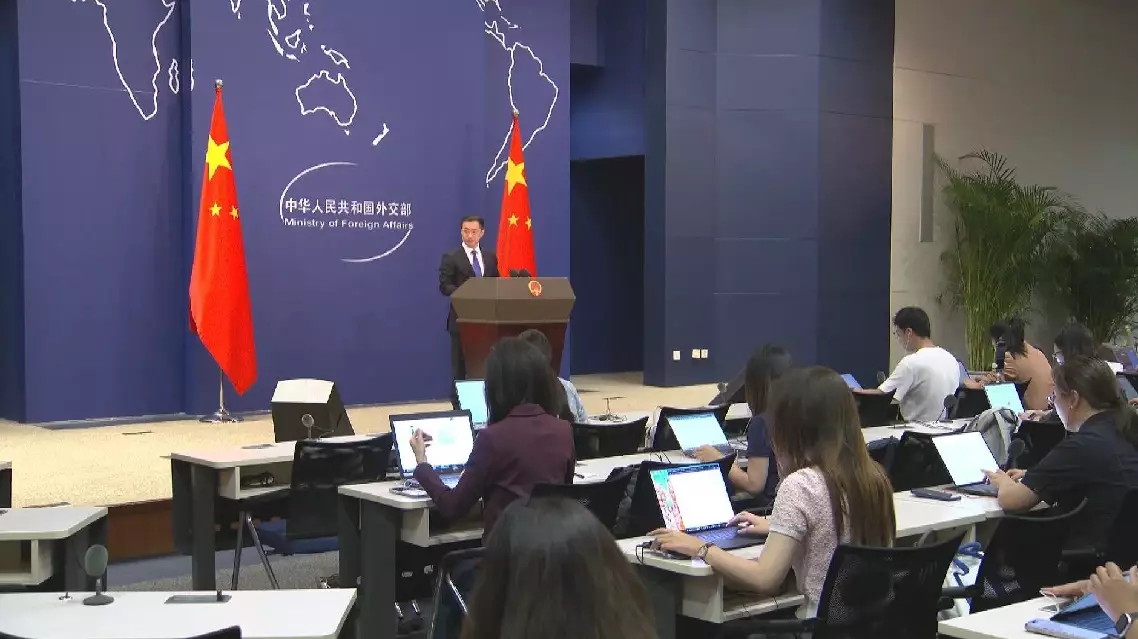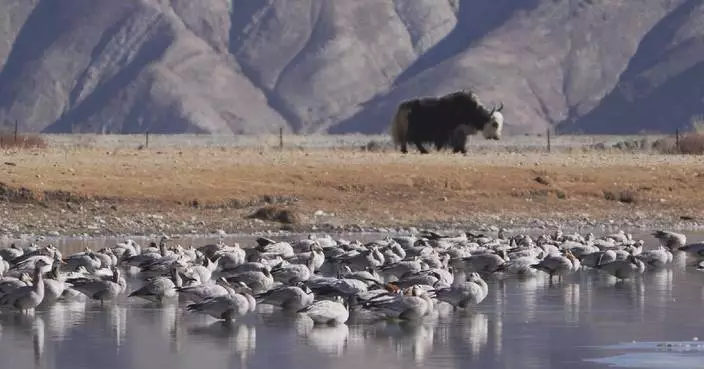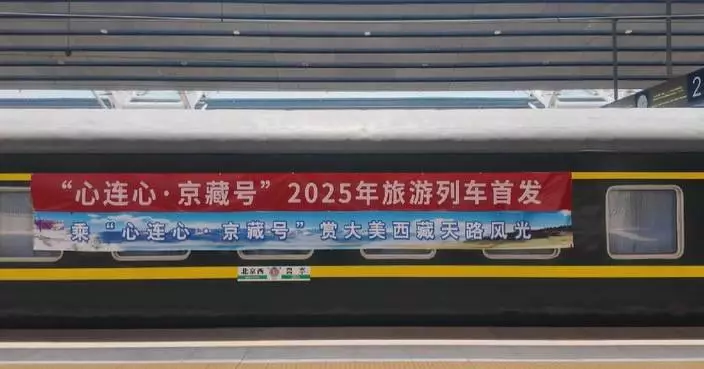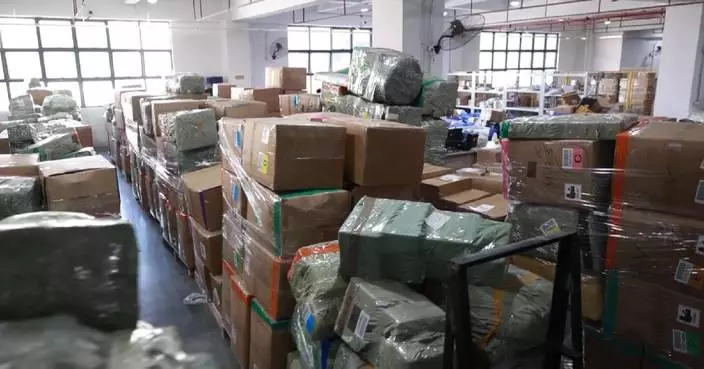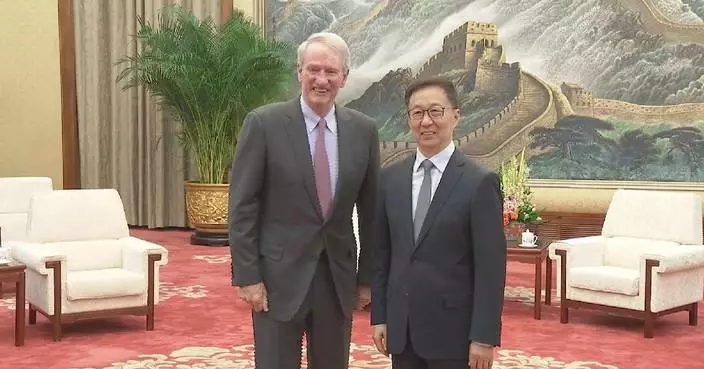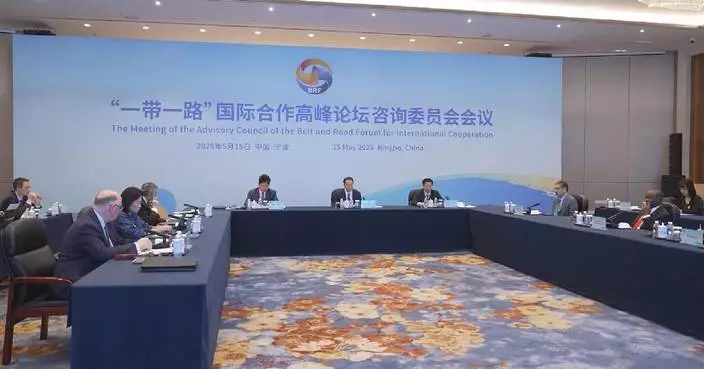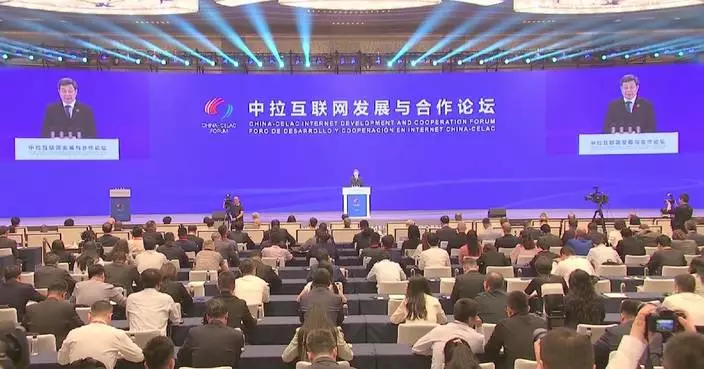The newly opened Chancay Port in Peru will play a vital role in connecting Latin America to the rest of the world, according to Peruvians from all walks of life who also believe the project will deliver more local job opportunities and push forward regional development.
The port, situated approximately 80 kilometers north of the capital Lima, was inaugurated on Thursday in a special ceremony which was attended via video link by Chinese President Xi Jinping and his Peruvian counterpart Dina Boluarte.
As a natural deep-water port and a flagship project under the Belt and Road Initiative between China and Peru, it is anticipated to become a major gateway to the oceans and an essential hub in the South Pacific.
This development will help redistribute cargo from Latin American countries and further enhance their trade with Asia, while the port is also expected to generate 4.5 billion U.S. dollars in yearly revenues for Peru and create over 8,000 direct jobs.
The first phase of the mega port is projected to reduce the shipping time between the Chinese and South American markets by nearly half and lower logistics costs by approximately 20 percent.
"It's an open platform for going much faster to China. We are a country which imports fresh products, so time is very important for us. We are going to have between 10 and 12 days shorter in the time to go to China and then from China to other economies or countries around Asia," said Teresa Mera, Peru's Vice Minister of Foreign Trade.
Industries across the country have welcomed the reduction in transportation time and are excited about the expanded business opportunities it will bring.
"For Peru, this port is essential, as it creates vast opportunities for growth -- from enhanced connectivity to potential for railways and industrial development," said Mario De Las Casas, a worker at COSCO Shipping Peru.
Local people are also encouraged by the pace of growth and are hopeful that the opening of the new port will further promote sustainable regional development and, ultimately, improve their lives.
"Everybody is considering the option, the opportunities to go and move industries there or create new industries, and that will give more work to the people and will make their life better. They will improve their way of living," said Mariela Ortega, a researcher at the University of Lima.
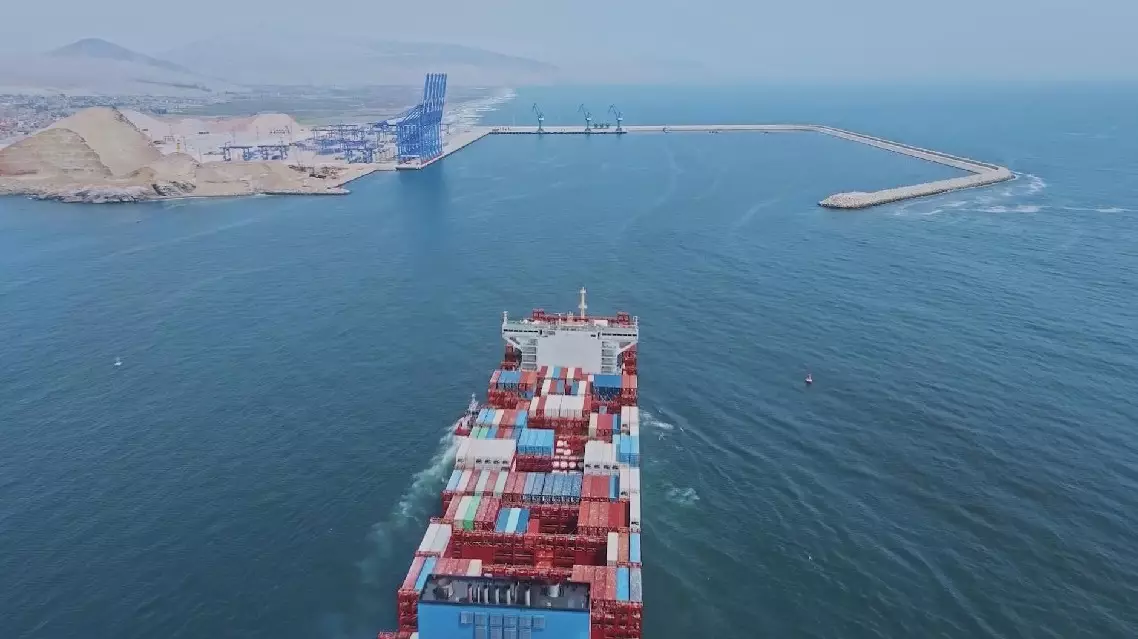
Peruvians believe Chancay Port set to play vital role in connecting Latin America to world
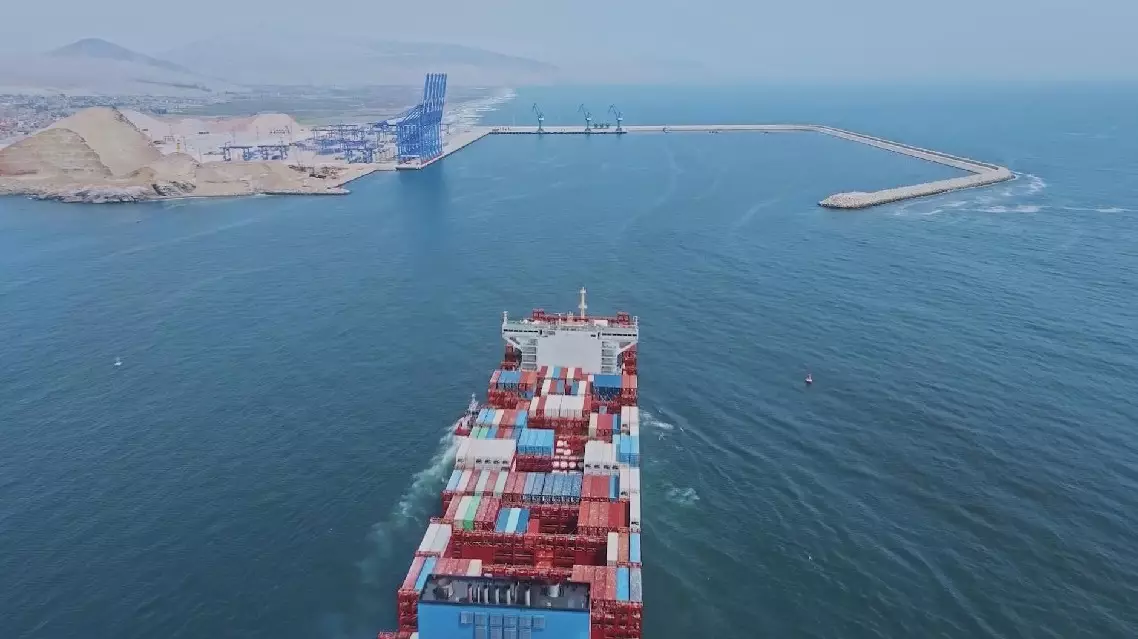
Peruvians believe Chancay Port set to play vital role in connecting Latin America to world
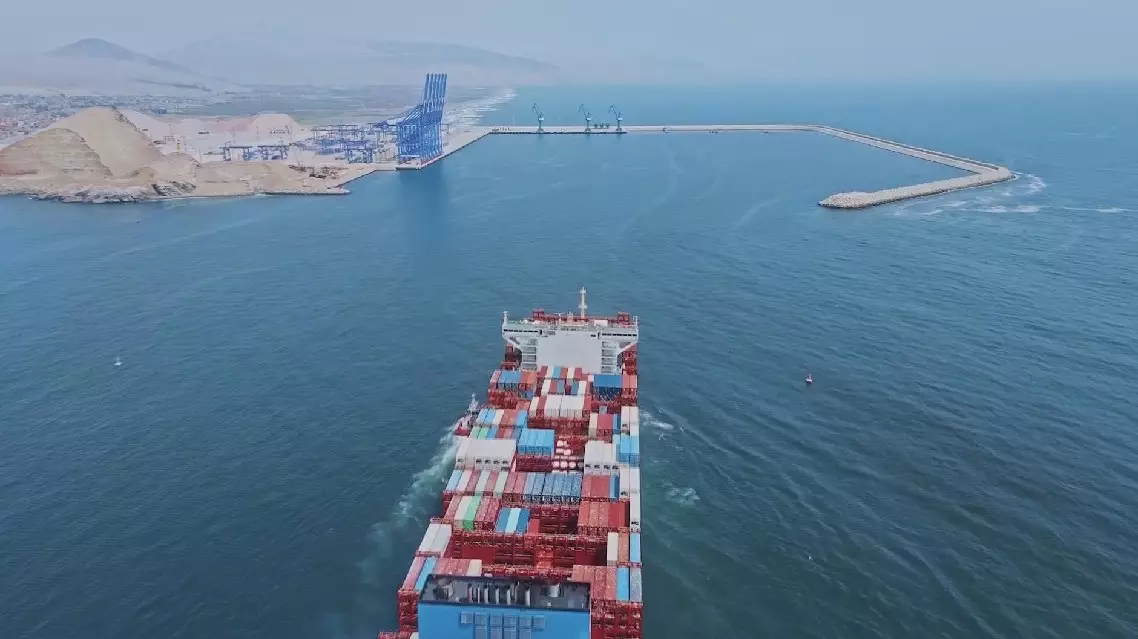
Peruvians believe Chancay Port set to play vital role in connecting Latin America to world
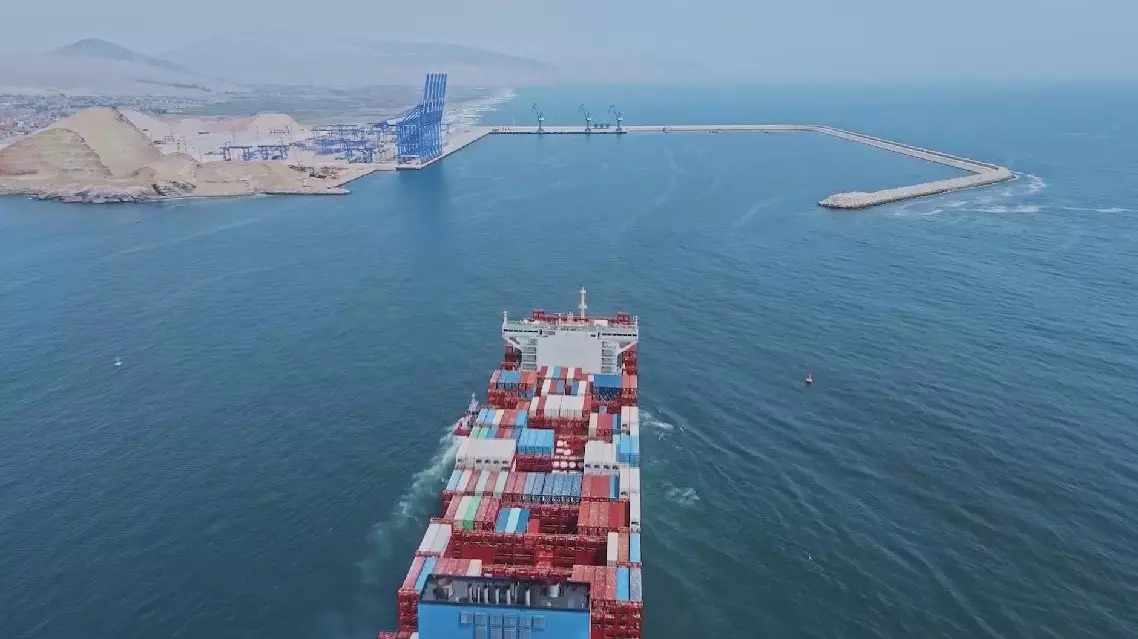
Peruvians believe Chancay Port set to play vital role in connecting Latin America to world
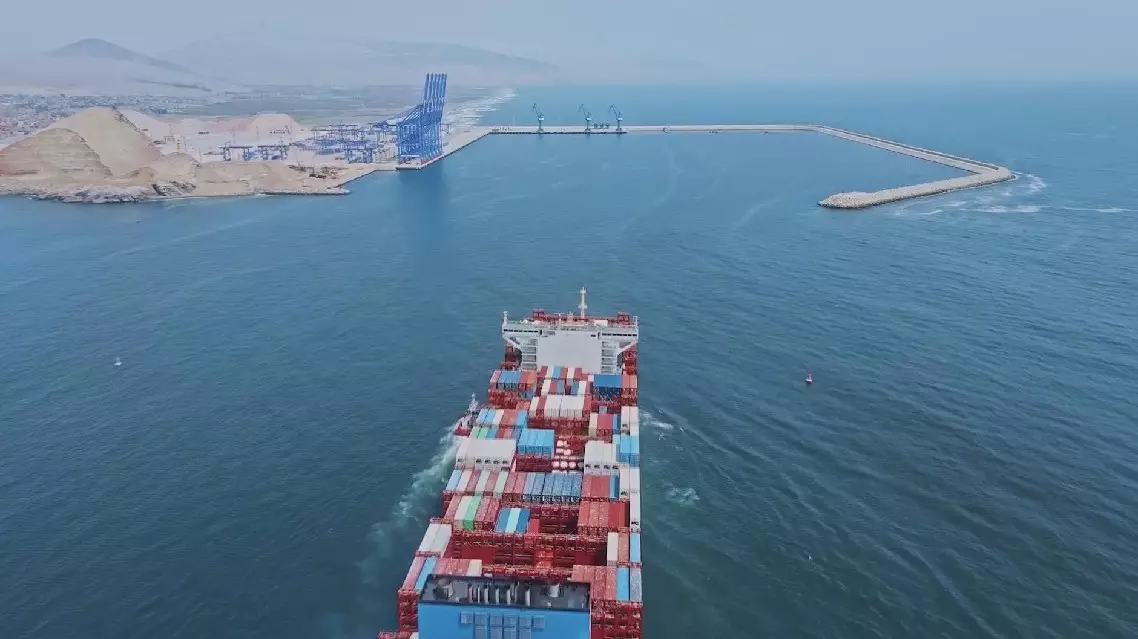
Peruvians believe Chancay Port set to play vital role in connecting Latin America to world


